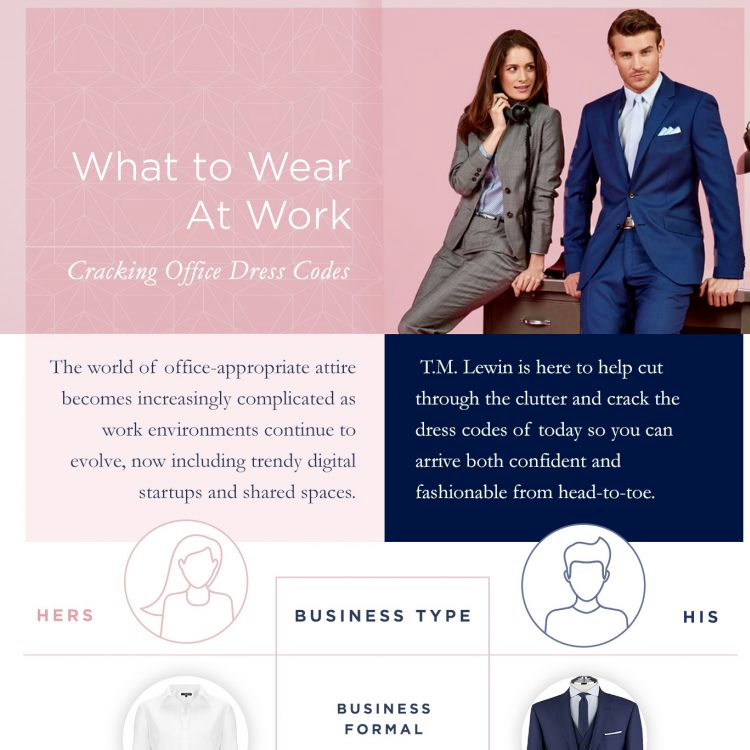Unfortunately for many, the glowing, complimentary, or at least noncommittal reference you expected to receive from one or more of your previous employers could be sabotaging you. In the case of job references, what you don’t know definitely CAN hurt you!
Read MoreFor a successful executive-level job interview, here’s how to research the company thoroughly beforehand. It is so easy nowadays to find a wealth of information about a company you are considering or one that you are scheduled to interview with that there is just no good excuse not to do so!
Read MoreAgeism in hiring and in the workplace after you have been hired is nothing new… Here are some anti-ageism steps to take in your executive job search and career management.
Read MoreThere really is no good reason for prospective employers to insist you reveal your salary requirements or history… You can “Just Say No” to demands for salary history information. As a matter of fact, recent court rulings in many states have made it illegal to ask a person’s last or current salary, primarily in an effort to combat gender discrimination through wage disparity.
Read MoreI particularly warn my executive resume clients against knowing little to nothing about the company you are interviewing with. Interview prep requires extensive research into the company, its market(s), the challenges it faces, and the opportunities it has (currently or in the near future).
Read MoreYou’ve got an absolutely stunning executive resume and LinkedIn profile, have practiced your responses to the toughest interview questions, and have researched everything you can find about your target companies. But don’t forget how you look at that upcoming interview.
Read MoreA post I wrote recently on LinkedIn about How to Respond to Illegal Interview Questions generated quite a bit of interest. I was a bit surprised and in some cases alarmed or amused at the kinds of questions that misguided employers seem to think it is acceptable to ask job candidates.
Read MoreOne of the first things your parents taught you as a toddler was to say “please” and “thank you. The percentage of candidates who take the time to send thank-you emails or postal letters is abysmally low (some have cited under 4%), so this strategy is virtually guaranteed to make a major impression.
Read MoreWhat do I bring to the interview? The last thing you want to do is be flailing around the morning of the interview, tossing things into your handbag or briefcase. You’ll obviously want to have your executive resume with you…
Read MoreAll that hard work you did in preparing your executive resume and identifying companies…
Read MoreYou’re not imagining it: The time it takes to get a call back from a recruiter…
Read MoreA recent entry on U.S. News & World Report’s Careers Blog provides some…
Read More












